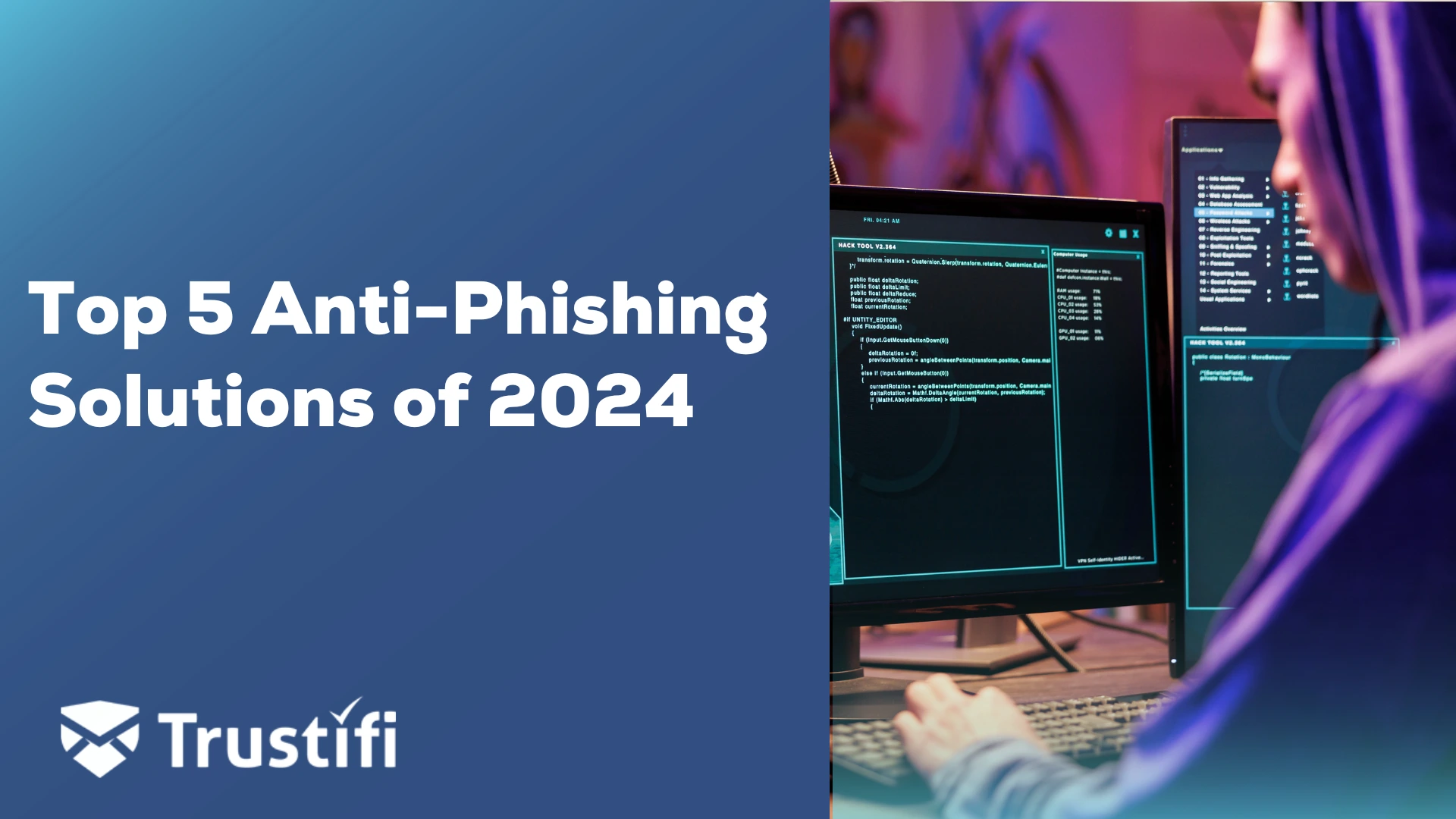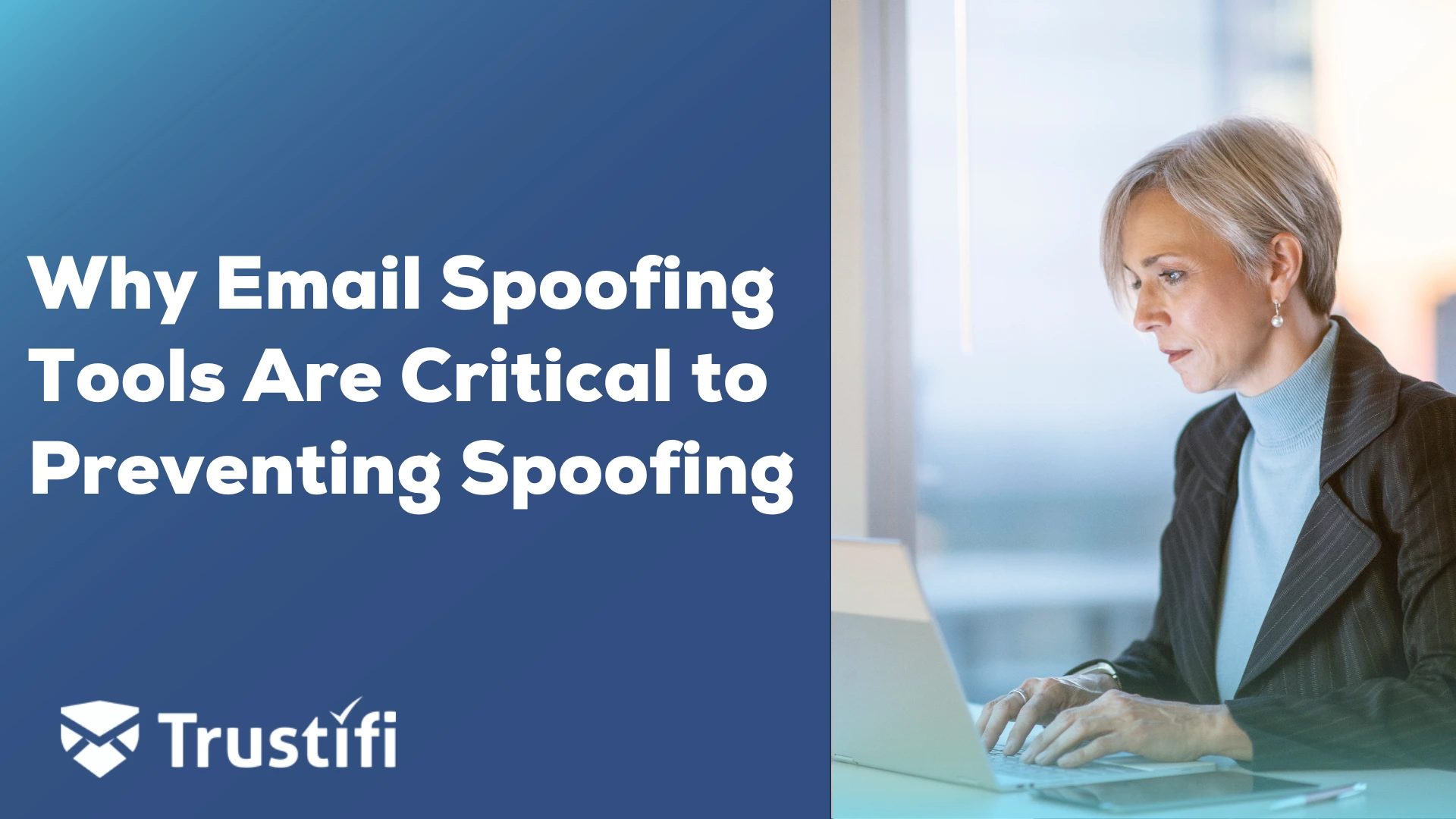Most small to medium-sized businesses report feeling anxious or very anxious about a potential ransomware attack affecting their organization. Rising geopolitical tensions compound this fear, with over half believing they are more likely to face a ransomware attack because of such circumstances.
What was the Impact of Cybersecurity Attacks in 2021-2022 Against SMBs?
“SMBs lost $212,000 because of cyber incidents that affected suppliers with whom they share data.”
Ransomware-as-a-service (RaaS) hacker groups often will target SMBs, knowing they are a soft target and often lack adequate security adaptive controls. Many SMBs have turned to managed security service providers (MSSP) to help either manage their entire security strategy or provide some level of augmentation of resources. Either choice, MSSP, comes at a cost to the SMB.
Cybersecurity Challenges for Small Businesses in 2023?
In 2021, the FBI’s Internet Crime Complaint Center (IC3) reported 847,376 complaints from US citizens regarding malicious cyber activity, showing a 7% increase compared to 2020. Potential losses exceeded 6.9 billion dollars, with a jump of 64% against the previous year.
Email phishing attacks, account takeovers, and business email compromises continue to affect the small-to-medium marketplace going into 2023. SMBs need help finding additional cybersecurity budgets to fund the internal resources to deal with massive ransomware attacks.
SMBs have become more aware of the impact of cybersecurity on their business and financial outlook. Many small companies are part of an eco-systems supply chain for their products and services, supporting large national and global clients. Cybercriminals will launch their attacks on small companies’ attack surfaces to open the door to other much larger and more financially rewarding targets.
Do SMBs Recognize the Threat of Cyber Attacks?
Many SMBs acknowledge the importance of cybersecurity. In the United States alone, there were nearly 33 million small businesses. The hacker’s ability to attack billions of people and organizations worldwide happened in 2022.
Cost of Inflation affecting IT Security Budgets
Leading to uncertain financial conditions in 2023, including an economic recession, SMBs often lack the needed capital to cover cybersecurity costs while coping with their cost of goods to deliver products and services continuing to rise. Cyber insurance continues to be a challenge for small businesses to get. Most SMBs continue to be affected by the increase in premiums and deductibles.
Most SMBs will direct their available financial resources to stop the most impactful cyber attack attempting to lower the ransomware risk with a shrinking cybersecurity budget.
SMB Cybersecurity Strategies for 2023
SMBs will face a complex threat landscape in 2023. Protecting critical business operations will continue to become challenging in 2023. Hackers continue to invest in artificial intelligence to improve their attack methods. To counter this, SMBs have several options to reduce risk to their environment:
- Reevaluate the organization’s current cybersecurity resources, strategy, and response capabilities
- Invest more into security platform-as-a-service vendors offering more adaptive AI capabilities
- Phase out standalone security technology products. Look for similar solutions embedded within platform service offerings.
- Continue to invest in end-user education.
- Evaluate cost-effective MSSPs with experience in supporting the SMB marketplace
As the attack velocity increasingly complex hacks become the norm, organizations must shift towards more adaptive AI with auto-remediation capabilities offered by cloud-based security platforms.
Smaller companies continue researching solutions to assist with rapid ransomware recovery for better cyber resilience.
Cloud-based solutions bring several additional capabilities to an organization by stopping or decreasing the impact of AI-enabled hacker attacks.
Cloud-based Email Security Becoming a Mature Platform
The email security cloud-based platform market continues to strengthen with next-generations capabilities to help protect users from phishing attacks while reducing cybersecurity risk.
Cloud-based email security platforms like Trustifi continue to innovate with additional artificial intelligence capabilities and cloud elasticity. These capabilities will help reduce the impact of future phishing attacks and ransomware attacks, along with providing scaling to handle higher volumes of attack traffic. Trustifi’s security expertise and platform-as-a-service for holistic email security combined with several capabilities into a single management console is a sweet spot for the small-to-medium business marketplace.
Why Trustifi?
Trustifi is a cyber security firm featuring solutions delivered on software as a service platform with a multi-layered protection strategy. Trustifi leads the market with the easiest-to-use and deploys email security products, providing both inbound and outbound email security from a single vendor.
Trustifi offers a merged solution pricing to support small and midsize enterprise marketplaces. Trustifi requires fewer security operations, time allocation, and management resources.
The solution is API based, not an appliance requiring a complex re-configuration of your email flow. Trustifi installs in minutes and requires no maintenance or upkeep.
Trustifi’s Email detection and response (EMDR) Offers clients access to experts to assist with the implementation.
As a global cybersecurity provider of both inbound and outbound email protection, Trustifi currently supports customers from countries including the USA, Canada, Brazil, the Dominican Republic, the UK, the Netherlands, India, the UAE, China, and Japan, Cyprus, the Philippines, and more. The company has also developed “One-Click Compliance” capabilities that cater to world security regulations, including PDPO for Hong Kong, POPI for South Africa, GDPR for Europe, and LGPD for Brazil.



